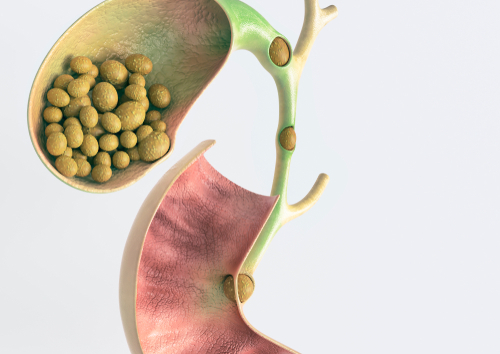Gallbladder removal during pregnancy ups risk of preterm delivery
IANS Feb 14, 2019
Getting the gallbladder removed during pregnancy may increase the risk of preterm delivery and hospital re-admissions among others, researchers said.

Also, women whose gallbladder has been removed during pregnancy are more likely to experience longer hospital stays than those who delay the operation until after childbirth. As pregnant women produce extra progesterone, the risk of development of gallstones increases. When these stones become problematic, causing extreme pain, a surgeon may recommend removal of gallbladder by performing cholecystectomy, a type of surgery.
But women who postponed cholecystectomy until after childbirth had better maternal outcomes. "In light of these findings, whenever possible, women with symptomatic gallstones during pregnancy should wait as long as possible to let the baby mature before having cholecystectomy," said Henry A. Pitt, Professor at Temple University in the US.
For the study, the researchers compared 403 pregnant women who underwent the operation within 90 days prior to childbirth with 17,490 women who had the procedure within three months after childbirth. The findings, published in the Journal of the American College of Surgeons, showed that maternal delivery outcomes, including eclampsia and haemorrhage for the mother, and preterm delivery were significantly worse when cholecystectomy was done during pregnancy as opposed to postpartum.
Eclampsia is a potentially dangerous pregnancy complication characterised by high blood pressure. The eclampsia rate for pregnant women who underwent cholecystectomy in the third trimester was one per cent higher than those who chose to wait until after childbirth.
Additionally, the haemorrhage and preterm delivery rates for women who had the cholecystectomy during pregnancy was three per cent and 12 per cent higher, respectively. Also, women who underwent the operation during the third trimester were twice as likely to deliver a preterm baby and almost twice as likely to have abnormal maternal outcomes.
-
Exclusive Write-ups & Webinars by KOLs
-
Daily Quiz by specialty
-
Paid Market Research Surveys
-
Case discussions, News & Journals' summaries